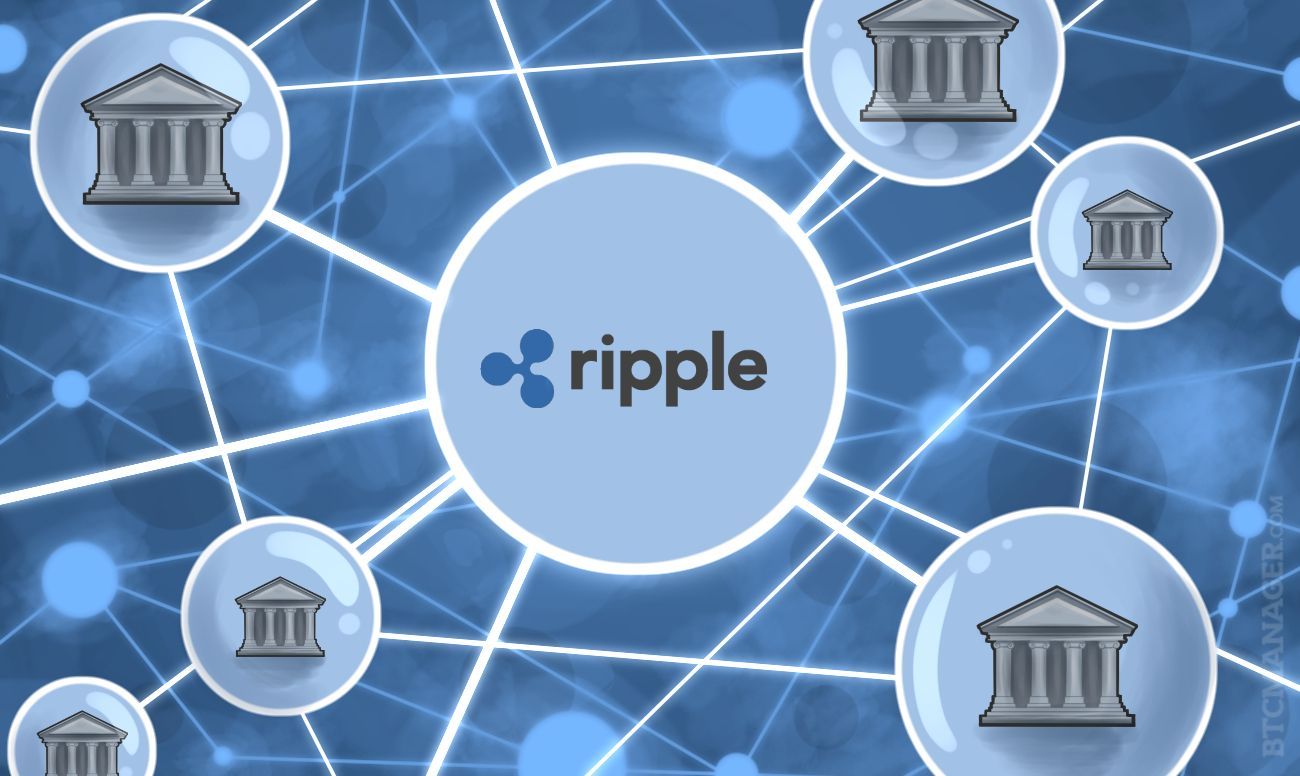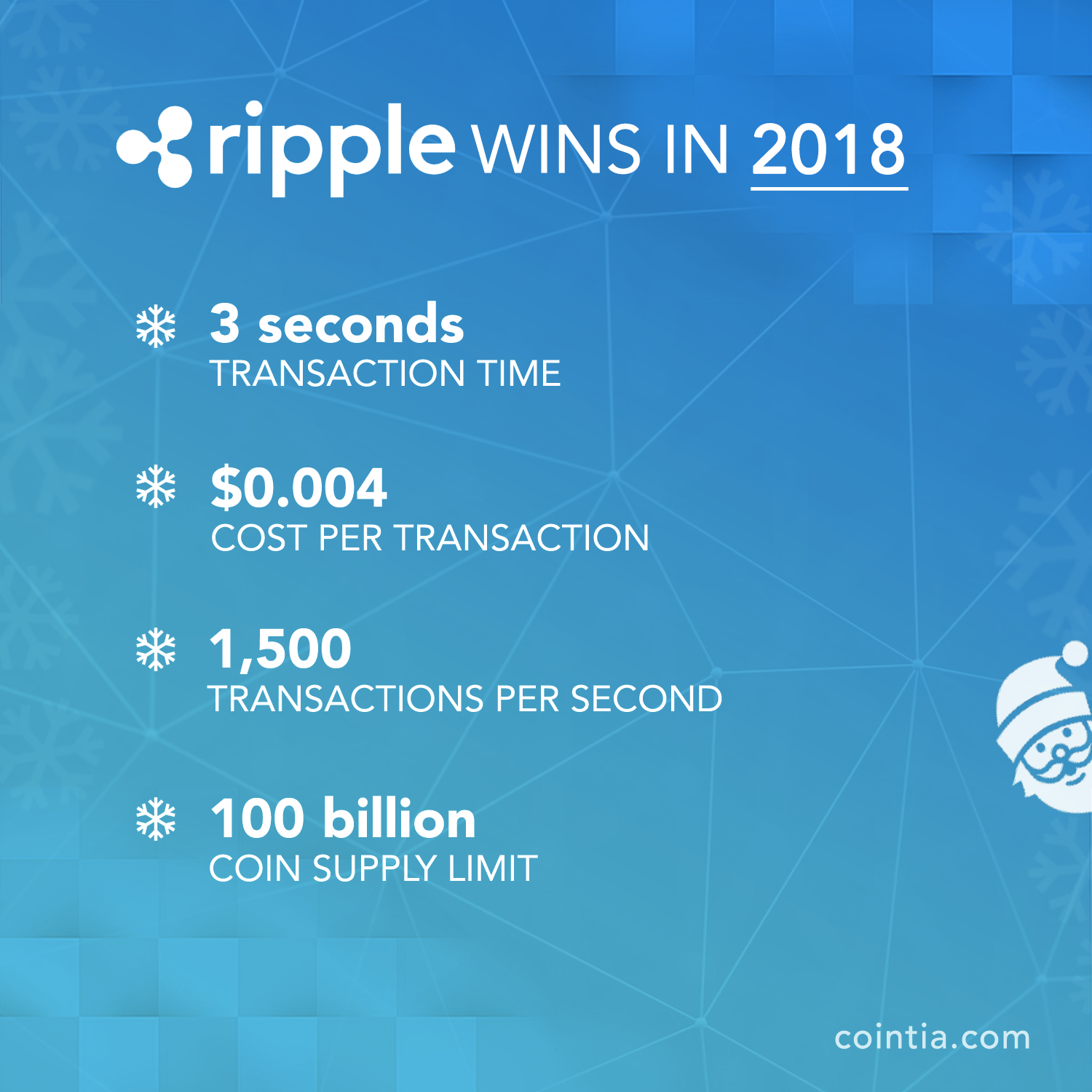
The Solution
The Ripple Protocol cuts out all the middle men that are required in traditional cross border payments. Which saves the user a considerable amount of money.
Exchange of currency and deposit of currency from one account to another takes a few seconds and is very secure according to their CEO Brad Garlinghouse.
